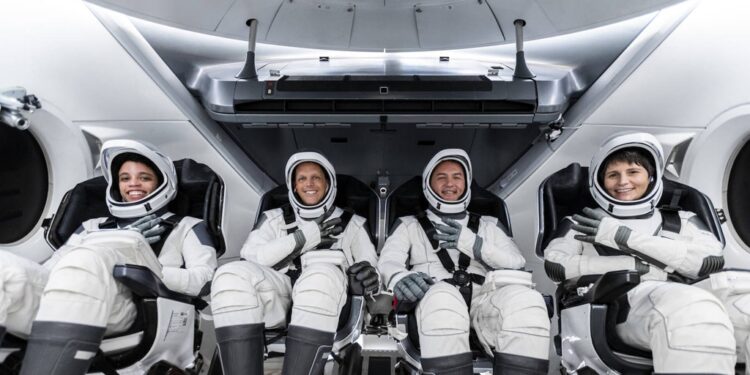As a tourism columnist, I am always interested in exploring the unknown, discovering new lands, and experiencing unique adventures. One of the most fascinating and challenging frontiers for humankind remains space travel. It is an area of exploration that has been of great interest to many, and not just astronauts and rocket scientists.
The side of space travel that we often don’t hear about is the impact it has on the human body and mind. Nevertheless, recent findings reveal that space travel can cause some permanent changes to the human physiology.
Several studies have been conducted on the effects of extended space travel on the human body. Some experiments were carried out on astronauts who spent up to a year in microgravity and found that they experienced a range of physiological changes. Their immune system became weaker, and the blood vessels in their head increased significantly in width, which might lead to vision problems.
This new information is both exciting and concerning, highlighting the many challenges that come with space travel. While the sense of adventure is incredible, we must also acknowledge that there are potential risks and downsides to consider.
Yet, despite the risks, space travel and exploration remain an area of interest for many. The desire to explore uncharted territory, witness the vastness of space, and experience the thrill of zero gravity is undeniable. A manned mission to Mars has never felt closer, and the possibility of commercial space travel may soon become a reality.
In conclusion, space travel is an area of exploration that we, as a species, will continue to pursue. Recent studies reveal new knowledge about the permanent changes that space travel can cause to the human physiology, but this does not diminish our desire to explore the unknown. While there are risks involved in space travel, it remains a thrilling frontier that inspires us to push the boundaries of human knowledge and experience.
” Fuentes www.abc.es ”



